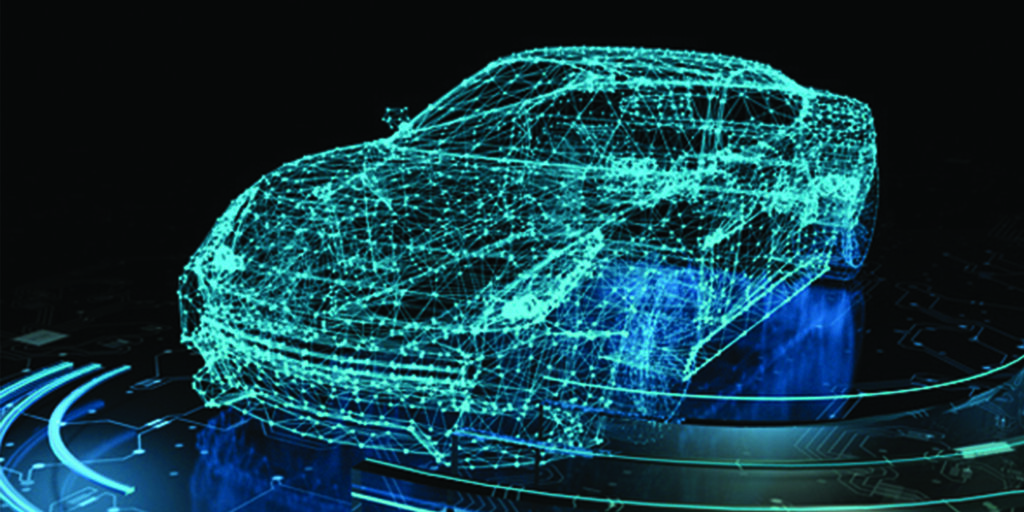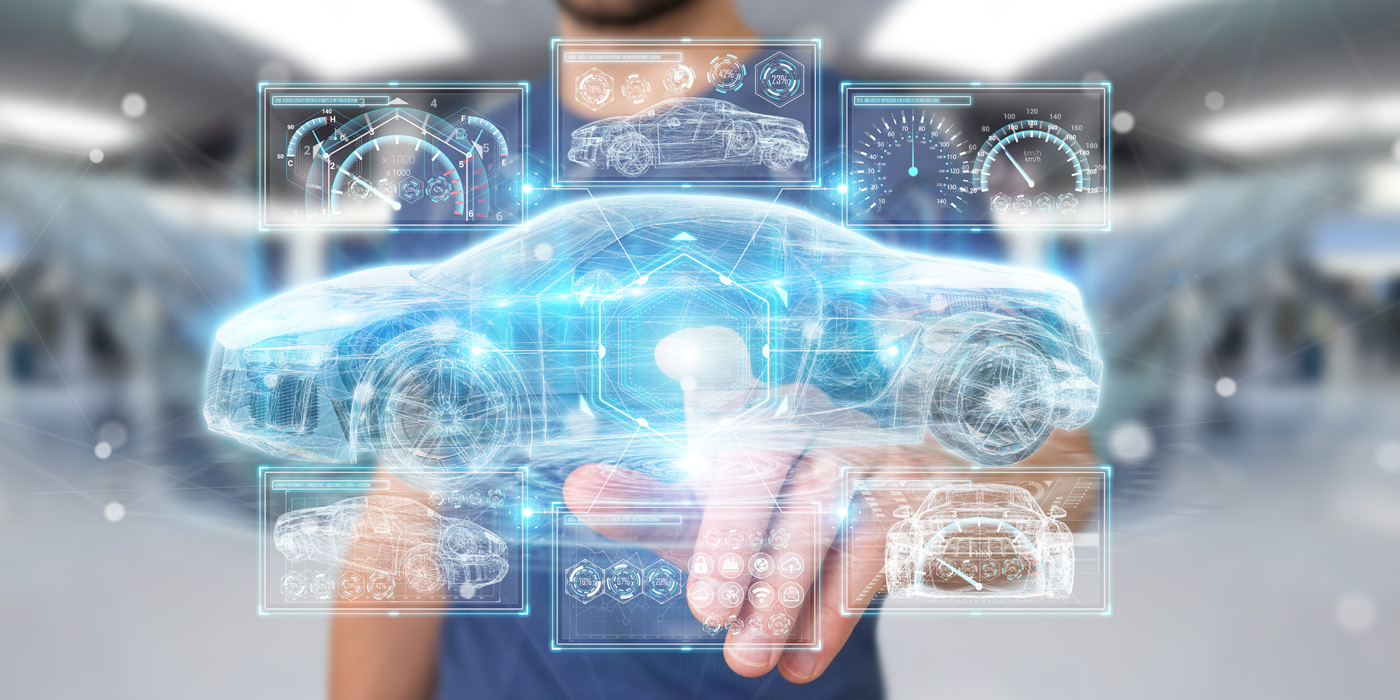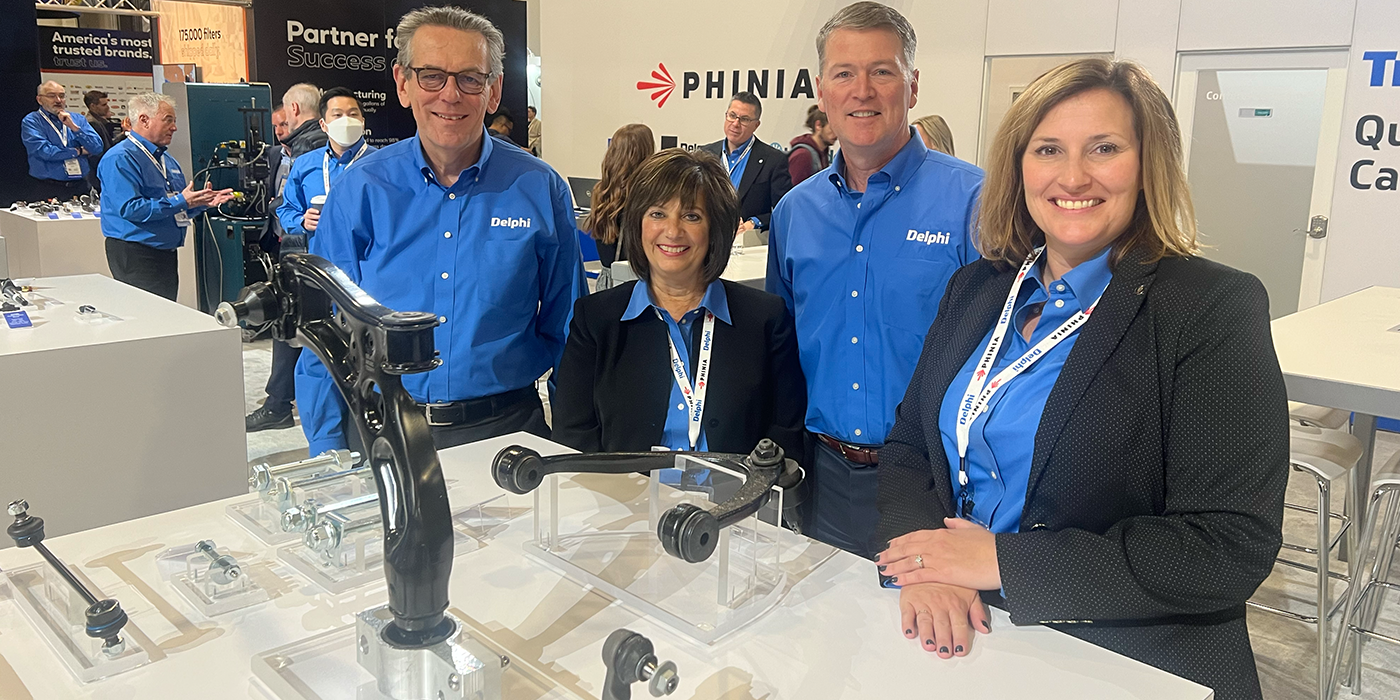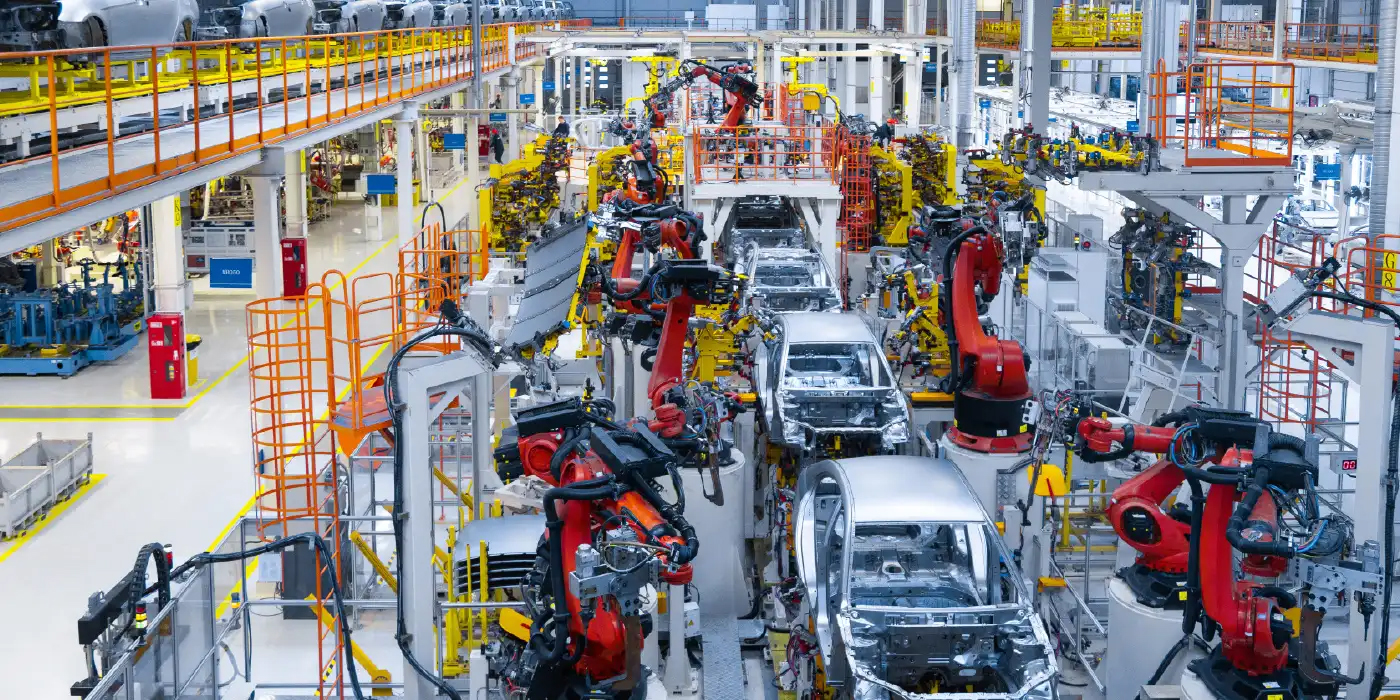By Neil Fryer
Most of us are back to living lives that resemble our pre-pandemic selves, but chip shortages persist, and new car production rates still haven’t recovered, with Trading Economics still recording a significant drop in United States car production compared to pre-pandemic rates, and The Alliance for Automotive Innovation recording that North America lost more than 3 million new units last year alone. Because of this, demand for second-hand cars is soaring, driving up their price and elongating ownership cycles.
With more aging vehicles on the road and a desire from owners to ensure they have a long service life, there will inevitably be more demand for vehicle repairs. This is a tremendous opportunity for tire dealers and independent repair facilities to take advantage of the extra profits to future-proof their businesses, especially as we face one of the most significant changes we’ve ever seen in automotive history.
Electric Vehicles: Preparation
The electrification of vehicles is set to change the aftermarket irreversibly. With governments, cities and states setting mandates for the end of sales of ICE vehicles, the number of electric vehicles (EVs) will continue to rise from here on. Yet currently, auto technicians are not generally equipped with the skills or tools to work on electric cars. As sales ramp up over the next decade, auto technicians need to begin preparing for EVs today. Otherwise, they risk missing out on EV work in the long run.
EV Training
At Delphi Technologies Aftermarket, we recently asked customers what they perceive as the most significant challenge from EVs. We found that approximately one-third are concerned about keeping up with the latest technologies. However, we believe shops can use the current generation of vehicles to prepare for the next. Embrace the extra revenue opportunities from the second-hand vehicle population, then invest your profits into electrified vehicle preparation for your team.
EVs require different repair processes, accredited training and safety precautions compared to ICE vehicles. Due to an EV’s high voltage components and cabling, a technician must ensure it is safe before starting work. If this is not done or done incorrectly, a serious accident could happen, and training is, therefore, imperative before you start working on EVs.
Based on global zero-emission targets and the infrastructure needed to facilitate universal EV adoption, we believe that 90% of the cars on the road will still be ICE in 2030. This means shops have time to prepare and upskill. While aging vehicles on the road increase, there is no better time to invest.
Auto technicians can take theory courses virtually to develop an understanding of EVs, and then undertake accredited in-person training to build upon their knowledge. Just like ICE vehicles, EVs will continue to evolve over the years, so we advise that shops continue to undertake training to ensure that auto technicians understand the latest EV technology – avoiding an instance where you are out of touch with the newest innovations.
EV Equipment
As well as preparing auto technicians, you will also need to invest in equipment that can cater to EVs. Though you may not need to purchase the equipment right now, you should begin planning to upgrade and set aside money now. Multiple aspects of a shop will need upgrading or replacing; EVs can be heavier and require more space so the garage will need dedicated bays, charging equipment and specific fire safety protocols in case of emergency.
All these changes feel like a daunting prospect for shops today; however, EV service will become the norm and shops have time on their side to equip themselves for an electrified future.
Digital Transformations
Organizations across the globe are digitalizing and embracing new technologies. Currently, many individual shops still operate as they have historically, taking customer inquiries by phone. But, as apps and online portals become increasingly popular in other aspects of life, customers will soon expect their experience at their local independent tire dealer shop to match this. They may look elsewhere, desiring convenience and accessibility if it doesn’t.
Digitalizing services may start by simply creating an up-to-date, responsive website. Most people now find their local shop via Google, so creating an accessible and easy-to-use website that clearly illustrates your services and associated prices will make you stand out. The next step could be adding a booking platform to your website, where customers can manage and track their repair orders, car repairs and pick-up times.
While this will require investment, it will help more customers find you rather than a competitor, and serve as the smooth, modern customer experience they are expecting.
Future-Proofing your Business
Change is coming, but it’s not here yet. There is no better time to prepare than when the number of aging cars on the road increases. By working to improve your skills and capabilities today, you will ultimately be able to support your business’s development into the future, when your shop’s skillset and customer service offerings may look very different from today. So, seize the opportunity, and prepare for tomorrow.
About the Author

Originally Written for Tire Review














